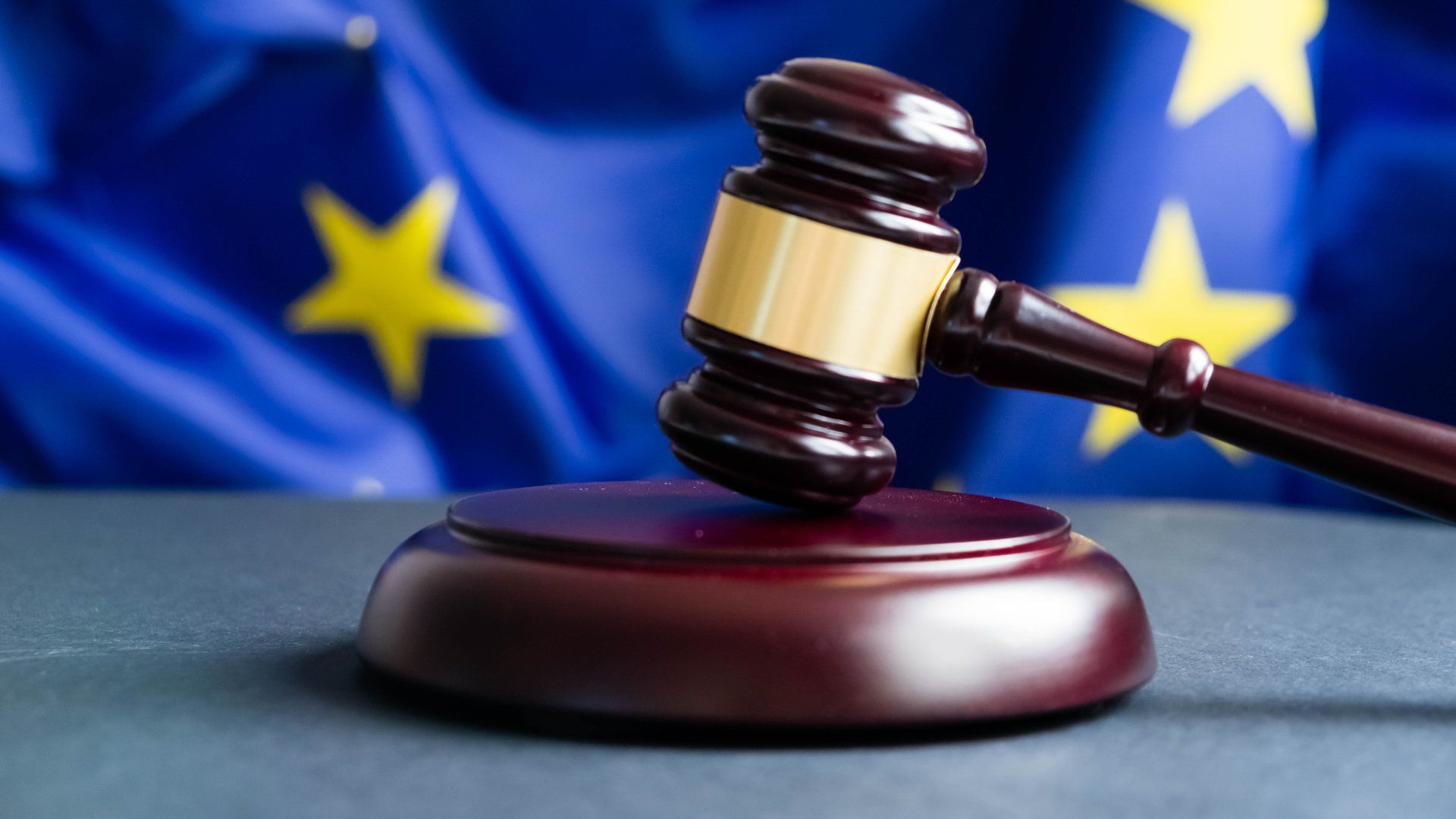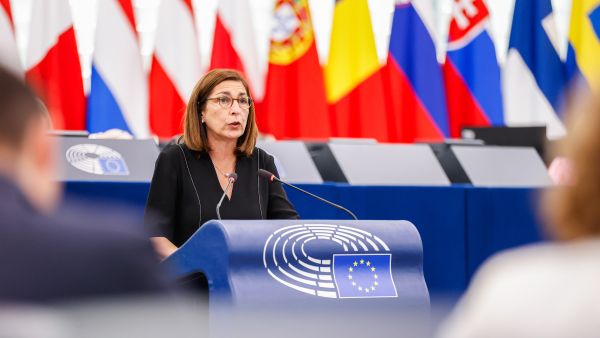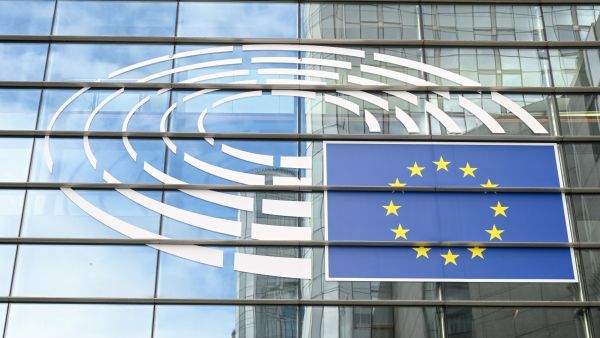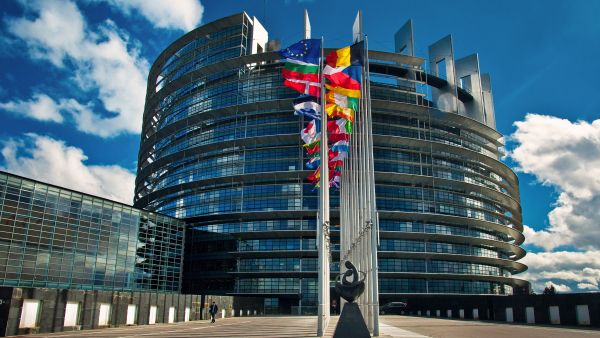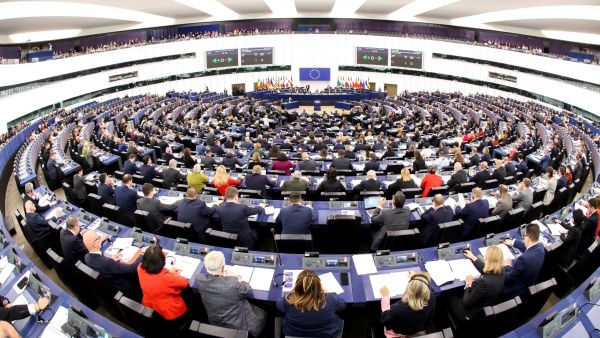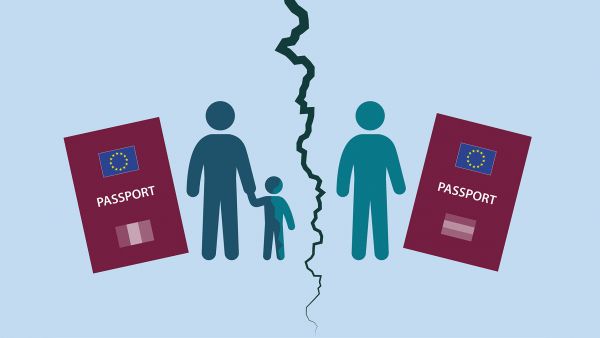Today, members from the European Parliament committee on legal affairs voted to take legal action against the Council, for excluding the European Parliament from the decision-making process on the Security Action for Europe (SAFE) regulation*.
In March this year, European Commission President Ursula von der Leyen proposed the creation of the SAFE regulation – a financial instrument of €150 billion of loans to boost the defence industry. This would come under Article 122 of the Treaty on the Functioning of the European Union (TFEU), allowing the Commission and the Council to forego the ordinary legislative procedure and bypass the democratic control of the Parliament.
Once again, the Commission has found a way to hijack the EU decision-making process by ignoring other legal options that would have successfully involved the Parliament. For the Socialists and Democrats, sidelining democratic control is not strong leadership – it is a threat to the institutional balance of the Union.
Ana Catarina Mendes, S&D vice-president for Strong Democracy and Rule of Law, said:
“This is just one example among many of how the Commission is pulling out all the stops to undermine the Parliament’s rights and duties.
“Let’s be clear, the S&Ds have always advocated for a unified Defence Union that would include increased investment in European defence industries and infrastructure, and a single market for defence. In that sense, the proposed €150 billion in loans in the SAFE regulations are a step in the right direction. But this cannot be done – neither to the detriment of our democratic system nor putting into question our European institutional balance.
“In these times of uncertainty and geopolitical threats, our citizens need us to show unity, not a power game at the mercy of certain partisan interests. Repeated decisions by Commission President Ursula von der Leyen to bypass this institution through emergency legislation has become a dangerous trend, putting trust between EU Institutions at stake. We saw it with the first Omnibus package on sustainability and now we are seeing it with the SAFE instrument.”
René Repasi, S&D coordinator for the committee on legal affairs and standing rapporteur for disputes of the European Parliament, said:
“The Commission President Ursula von der Leyen is pursuing a clear strategy of consolidating power within the EU Executive. Her latest move – pushing through the SAFE instrument for financial assistance in the field of defence without involving the European Parliament – is not just a procedural overreach. It is part of a broader pattern that threatens the EU’s institutional balance.
“SAFE is an important and necessary step towards strengthening Europe’s defence capabilities. We want member states to spend these funds to boost their defence capacities, but always on legally safe ground. Even necessary objectives do not justify ignoring the legal foundation of democratic participation in the EU. Both the Parliament’s legal service and the legal affairs committee have reached a clear conclusion: the legal conditions for using the chosen legal basis – Article 122 TFEU, intended for emergencies – are simply not met. There are alternative routes that involve Parliament – but they were deliberately ignored.
"This is not an isolated incident. Throughout President von der Leyen’s second term, the Parliament has been treated less as a democratic partner and more as a hurdle, with decisions increasingly being made within small circles, and democratic procedures considered box-ticking exercises. That is why the S&Ds voted in favour of taking this case to the European Court of Justice. It is not just a legal matter — it’s about drawing a firm line: in Europe, power must remain accountable.”
* As part of part the "Rearm Europe" plan, the President of the European Commission Ursula von der Leyen proposed to create the Security Action for Europe (SAFE) regulation, a €150 billion loan instrument to boost defence production across the EU, through common procurement. The Council adopted it on 27 May 2025.
Article 122 has only been applied in a few situations, including during the Covid-19 pandemic.
Today, the legal affairs committee has formally recommended that the Parliament take legal action against the Council. On the basis of this recommendation, the President of the European Parliament will now file the case on behalf of the institution.

